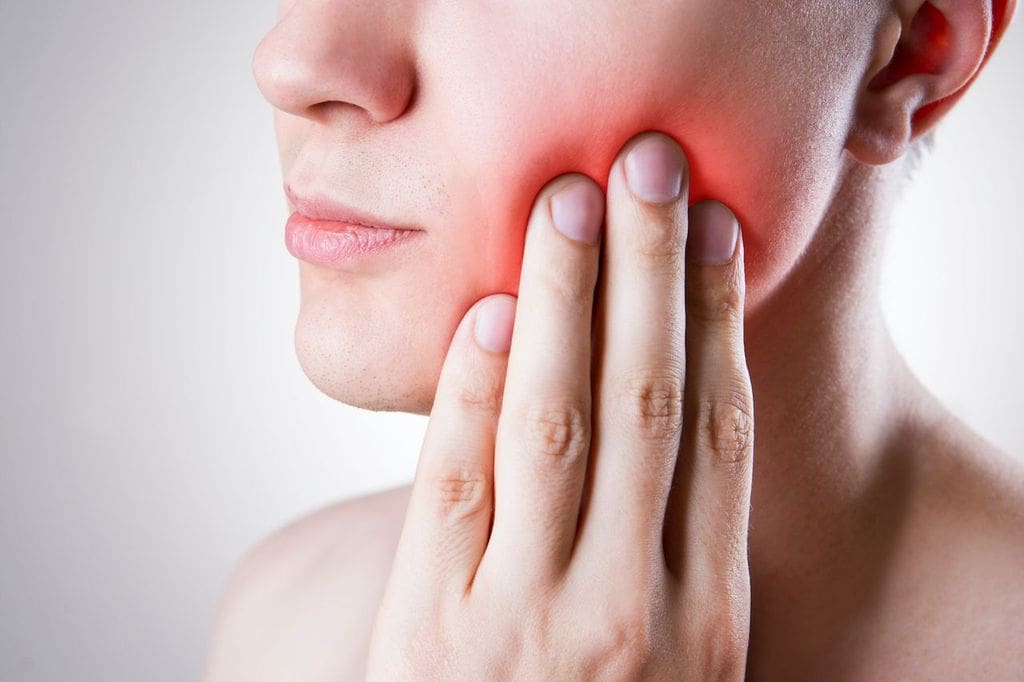If you often have headaches that don’t go away with pain relievers, you might have a condition called temporomandibular joint disorder (TMD). These headaches can often be treated by a dentist with simple dental procedures or splint therapy.
Dr. Ashley Izadi and Dr. Roham Rafat are dentists in Cockeysville, MD, who are trained to help with TMD and TMJ-related pain. They use modern, gentle methods to restore the health and function of your mouth, making treatments nearly pain-free. Besides treating headaches, their dental office also addresses other common dental issues.

What Is A Temporomandibular Disorder?
TMD, also known as Temporomandibular Joint Syndrome or TMJ, is a common problem for people who experience jaw pain. It often comes with symptoms like headaches and ear pain.
TMJ happens when your jaw and teeth don’t line up properly. This misalignment causes stress and tension, leading to pain, especially in people who are sensitive to these issues. It can be a frustrating condition because the pain doesn’t go away with regular painkillers.
Headaches that start in the morning are often a sign of TMD or TMJ. These headaches can feel like migraines, especially if left untreated for a long time.
If you have pain in your temples, neck, or shoulders without an obvious cause, and it doesn’t get better with painkillers, this could also be a sign of TMD. Another sign of this disorder is clenching your teeth, grinding them, and bruxism.
To find out if you have TMJ or TMD, the dentist will check your bite to see if it’s properly aligned. This bite analysis will help determine if you need treatment for TMJ. Patients being checked for TMJ will also receive a complete oral exam.
Patient Review
Frequent Headaches and other Symptoms of TMD
Stress is the cause of most headaches, which can come from both outside factors and stress within your mouth’s bite system. When the TMJ (jaw joint) doesn’t work as it should or when your teeth and jaw aren’t lined up correctly, it can cause stress that leads to tension and headaches.
TMJ disorders have a wide range of symptoms, but frequent headaches are one of the most common signs. People with TMJ-related headaches often experience:
- Frequent headaches, especially in the morning
- Pain around the temples or back of the head
- Neck, shoulder, or upper back pain
- Migraines or migraine-like headaches
- Teeth grinding or clenching
TMJ Headache Therapy in Cockeysville, MD
There are several ways to treat TMJ disorders. One common treatment is using a special TMJ mouthguard. You wear this device at night to prevent teeth grinding, which can relieve TMJ symptoms.
Other treatments include behavioral approaches that teach better ways to manage stress. This can reduce stress-related clenching, which often leads to headaches and tension.
Dr. Izadi and Dr. Rafat will perform a thorough exam, including a bite analysis, to see if TMJ dysfunction is causing your headaches. Our treatments for TMJ include oral appliance therapy and behavioral therapy.
If teeth grinding is part of your TMJ problem, your dentist may create a custom TMJ mouthguard to stop grinding at night. This mouthguard is worn while you sleep and can help reduce the strain on your jaw.
Frequent Headaches FAQs
How Are Headaches A Sign Of A TMJ Disorder?
Grinding your teeth or tensing your jaw puts strain on your TMJ muscles, which can lead to pain that spreads to your head. This pain can show up around your forehead, temples, or the back of your head.
If I Experience Morning Headaches, Is This A Sign Of A TMJ Disorder?
Yes, most people who grind their teeth do it while they sleep, often without realizing it. If you wake up with headaches and have other TMJ symptoms, you should see your dentist for help.
Will A TMJ Mouthguard Cure My Frequent Headaches?
If your headaches are caused by grinding your teeth at night, a TMJ mouthguard can be an effective treatment. Wearing it while you sleep can stop the grinding and reduce stress on your jaw, which should help ease your headaches.
Get relief from frequent headaches today. Contact Valley Dental Health in Cockeysville, MD, to schedule a consultation and bite analysis with Dr. Ashley Izadi and Dr. Roham Rafat. Call 443-733-6613 or request an appointment online. We are accepting new patients from Phoenix, Sparks, Hunt Valley, Lutherville, Timonium, Cockeysville and surrounding Baltimore communities.
